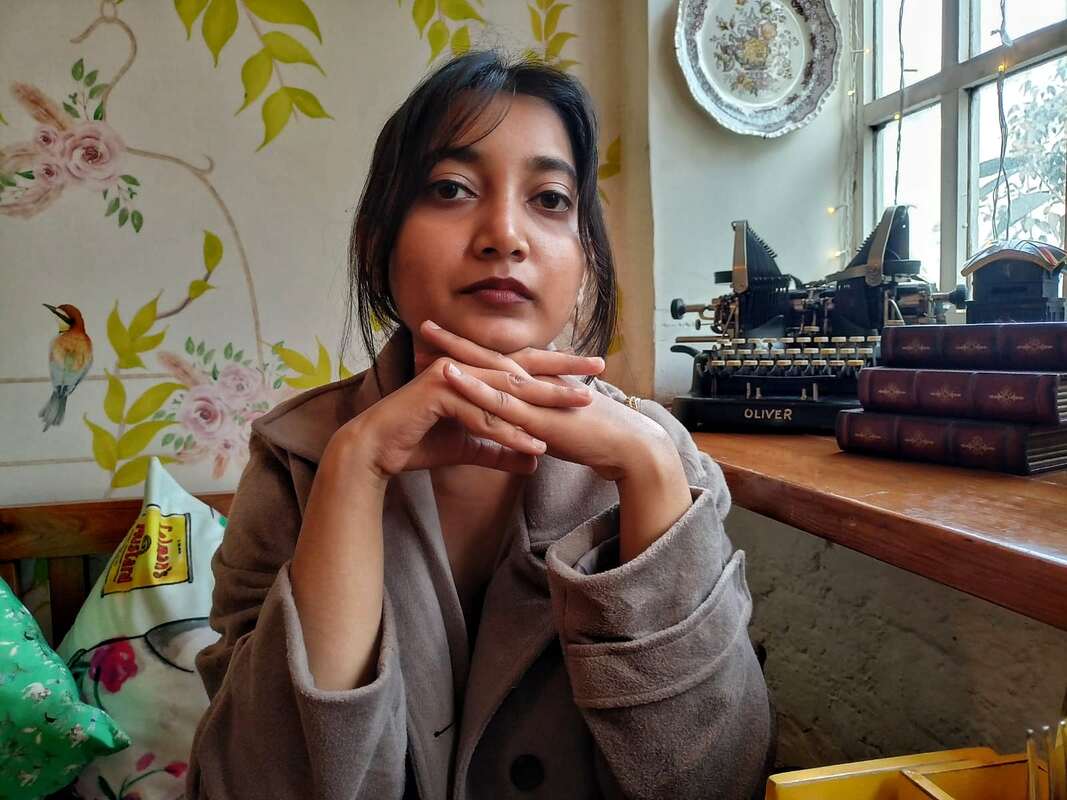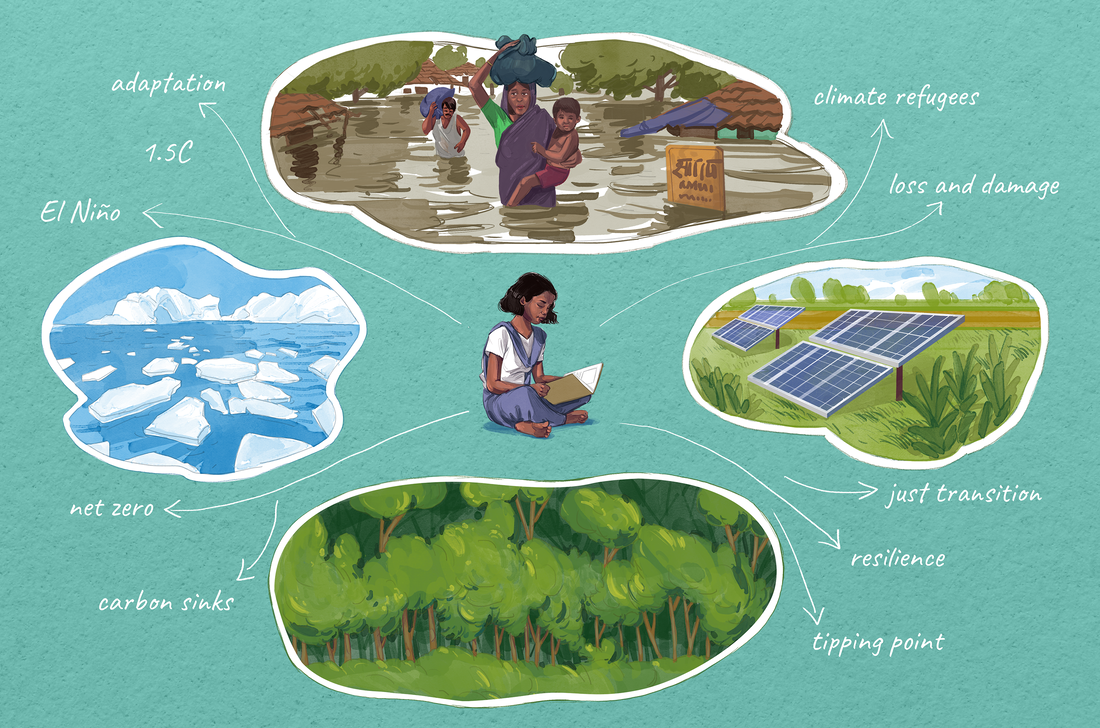 Shalinee Kumari (She/Her) Editorial Assistant, The Third Pole Shalinee Kumari (She/Her) Editorial Assistant, The Third Pole Shalinee Kumari is an editorial assistant at The Third Pole. Prior to this role, she worked as a trainee digital journalist with BBC Hindi. She is a postgraduate in Convergent Journalism from AJK MCRC, Jamia Millia Islamia, New Delhi. During her post-graduation, she also worked as an independent journalist covering the environment. She can be reached on X here and on Instagram here. You can also follow The Third Pole on X, Facebook, Instagram and LinkedIn. With rising temperatures and its impact on lives and livelihoods becoming increasingly apparent, the need for clear communication on climate change has never been more urgent. This communication also needs the active engagement of communities affected by climate change. Those who suffer the most are often vulnerable and low-income groups. However, these communities are often left excluded from these important conversations because of the barrier created by technical language used in climate communication. In my experience during field trips, I observed that there is a clear language gap between how climate impacts are explained in media reports and what is being perceived by the communities worst affected by these impacts. This is also a common experience shared by many journalists covering the environment and climate change. Since conversations on climate change are often dominated by jargon, it creates an obstacle to understanding the true impacts of the changing climate for local communities who are not familiar with the terms used in policy and science spaces. Hence, there is an increasing need to have conversations on climate change in not just the policy and media spheres but also in the public sphere in a way that can include more and more people in the decision-making. To help facilitate such conversations, The Third Pole has introduced a comprehensive list of terms related to climate change with brief definitions and clear explanations. To make these conversations more inclusive, we have this climate change glossary available in Hindi, Urdu, Bengali and Nepali, some of the languages spoken in the Himalayan watershed. The key to contributing to conversations on climate change is to have a solid understanding of what is happening to the environment. This will help people make informed choices. Another observation in regional climate storytelling is that some of the technical words used in the English language are not easily translated into regional languages. Some of the translated terms are as difficult to understand as their English equivalents because these technical terms are not used in everyday conversations. Hence, there is an urgent need that communities get familiar with the terms so that they can be widely accepted and understood. Referring to this glossary will also help journalists with climate storytelling. What can make climate storytelling better is to simplify and humanise the coverage. This glossary can be a useful guide for journalists who are new to climate storytelling as this could not just be a guide explaining terms to them but also a resource that can help them with new ideas. One way to use this could be to go through the terms and see which key term lacks media coverage in their particular region and ideate new angles to cover that. Which terms can be turned into explainers (like GLOFs or CCUS)? Can we do a ground report on a topic (like Just Transition)? Another way could be to use these definitions in their reportage as a quick reference (like a pull-out box quickly explaining Tipping Point.)
We are aiming to make this a dynamic list of terms, meaning that we will keep adding new terms to the glossary as and when there comes a need to explain a new term. We would love to hear from the readers of the glossary on how they feel about it and if there are terms we should consider adding.
3 Comments
Chaia
3/14/2024 04:04:16 am
Loved your post about the Climate Change Glossary! It's awesome how it makes the complex topic of climate change more understandable for everyone. Making this info accessible in various languages is super important, especially for those hit hardest by climate changes. It's a great step towards getting more people involved in these conversations. Thanks for sharing this - it's a big help!
Reply
Jason Davis
3/14/2024 06:14:58 am
Thanks Chaia for your support!
Reply
Leave a Reply. |

 RSS Feed
RSS Feed